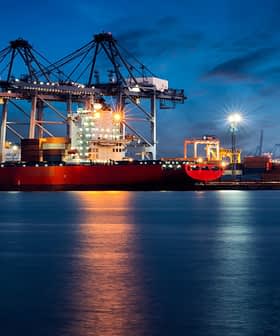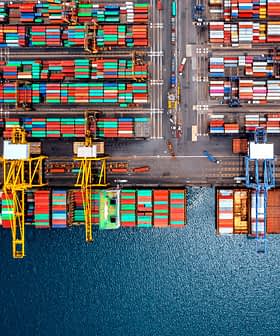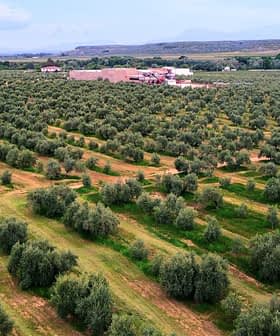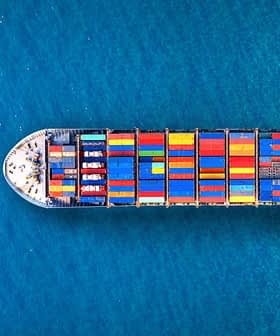Organic Producers Take Eco-Score Labels to Court
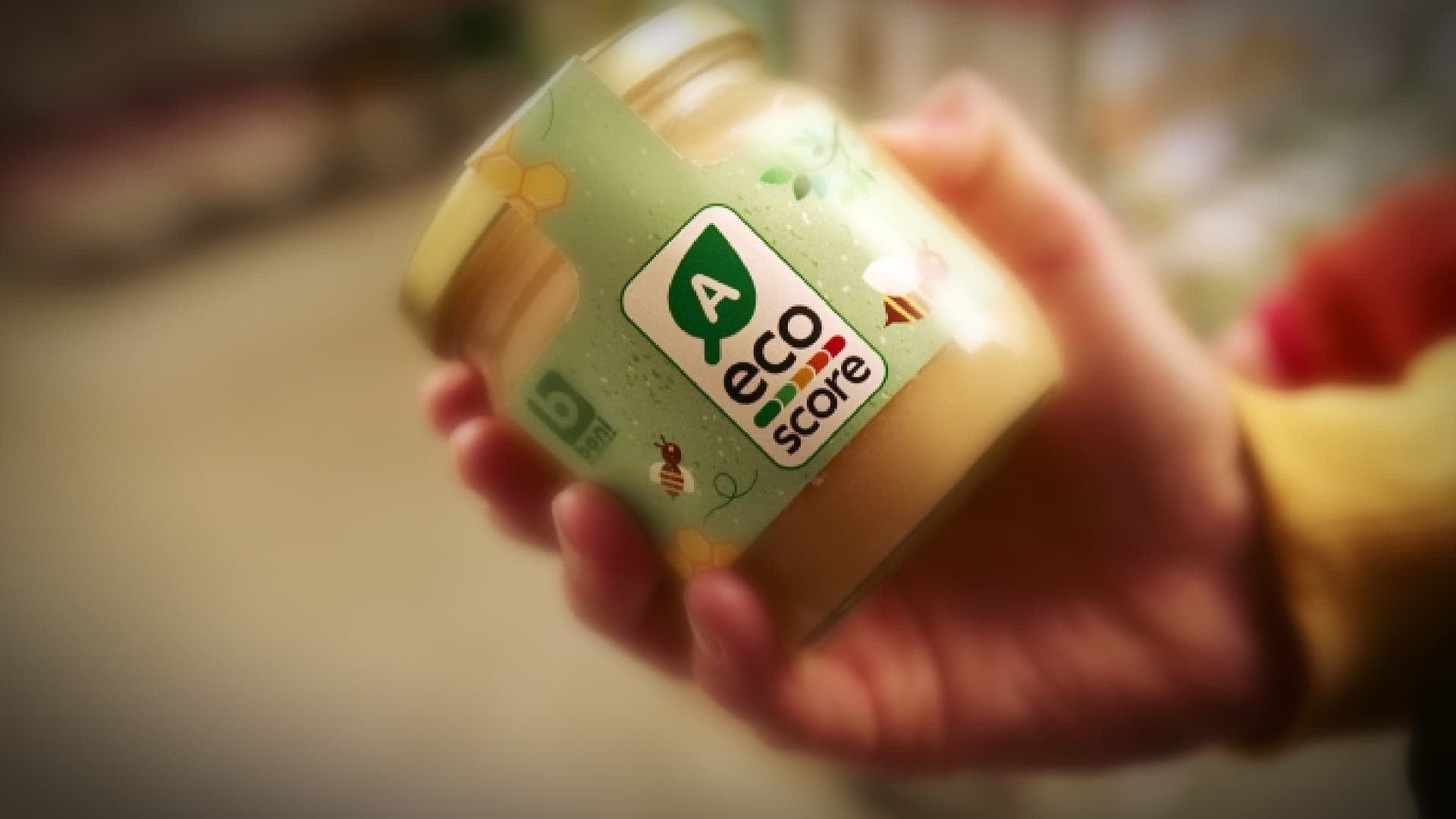
Organic food producers in Europe are suing over the use of Eco-Score food labels by retailers, claiming it is unfair and deceptive to consumers. The lawsuit challenges the labeling’s compliance with E.U. regulations on organic product labeling and its methodology, which favors conventional production over environmentally friendly practices.
Organic food producers from the European branch of the IFOAM association have brought a lawsuit over the use of the Eco-Score food labels by a growing number of retailers in several countries.
According to legal documents presented before the Paris Court of Justice, producers asked the court to terminate the environmental labeling of food products. They consider it “unfair to organic production and deceptive for consumers.”
The lawsuit challenges the French Agency for Ecological Transition (Ademe), Open Food Facts, which operates the Eco-Score platform, and several companies actively involved in Eco-Score promotion and implementation.
In a note, IFOAM explained that the Eco-Score labels, in its view, represent a violation of the E.U.’s regulations on organic product labeling.
More specifically, marking foods with an “Eco” label “is considered likely to create confusion among consumers (…)” when it comes to distinguishing food produced by conventional means and organic food. Such labeling constitutes “a misleading commercial practice,” the association wrote. Most organic products sold within the E.U. use specific labels, such as “Bio.”
What is an Eco-Score?
Eco-score refers to a system or rating that measures the environmental impact of a product, service or activity. It takes into account various factors such as carbon footprint, energy efficiency, resource usage, and waste production, to provide a score that reflects the sustainability and eco-friendliness of the item being evaluated. The goal of an eco-score is to help consumers make informed decisions about the products they buy, and to encourage businesses to adopt more environmentally responsible practices.
The lawsuit also expresses concerns over the methodology governing the Eco-Score rating system, which is based on the Agribalyse database and Ademe’s Life Cycle Assessment (LCA), which, “like the PEF (Product Environmental Footprint) [is a] methodology recently questioned by the European Commission in the context of the draft Directive on green claims,” IFOAM stated.
According to IFOAM, the Eco-Score labels do not consider all aspects of a food’s production to determine its rating and end up favoring “intensive and conventional production rather than a transition of production systems towards processes that respect the environment and biodiversity.”
On top of that, IFOAM claimed that the labels do not “provide consumers with relevant information on the environmental impacts of food products.”
Eco-Score is a color/letter labeling system that rates food from the most ecologically friendly, “Green A,” to the least environmentally friendly, “Red E.” Its ratings are determined by a series of factors, including production and territory, logistics and transport, packaging, seasonality and more. The goal is to raise consumer awareness about the ecological impact of the food they are buying.
Eco-Score gives most extra virgin olive oil packaged in glass bottles a rating of “Yellow C.”
These results place glass-bottled EVOOs a step below butter-based processed snacks packaged in plastic, often given a “B” rating. The EVOOs have also been rated two steps below frozen French fries, which receive the top rating.
“Instead of fighting greenwashing, labeling schemes like the Eco-score contribute to it (…),” Jan Plagge, IFOAM Organic Europe president, wrote in a press note.
Jacques Caplat, president of the IFOAM French Members association, added that “in an already difficult context of inflation for producers and consumers, attacks on organic farming, whether linked to the use of misleading terms or biased methodologies, must be stopped. Terms that are only allowed on organic food products by E.U. regulations should not be used for other purposes, and certainly not on food products that are not very environmentally friendly as is currently the case with the Eco-Score.”




